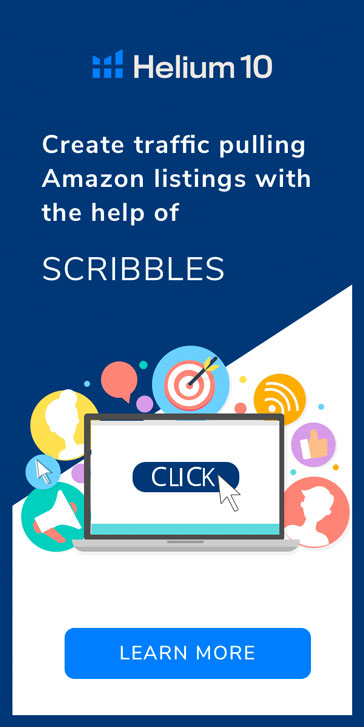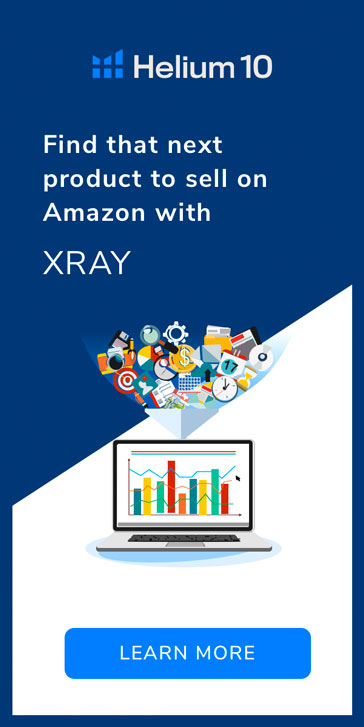Obtaining someone else’s existing trademark, or trademark assignment, can be a tricky business unless you know how to go about doing it.
Trademark registration is not something that can be completed within a short time. It requires patience because it takes a significant amount of time to finish. Of course, no one likes to wait for a long time to get a trademark registered, particularly Amazon sellers who need to acquire a registered trademark quickly—this is where trademark assignment of an existing trademark comes into play.
Since the process of obtaining a trademark registration certificate is a long one, you may be considering the purchase of someone else’s registered trademark. Ultimately, trademarks are regarded as assets, so it should be easy to buy and sell them.
Unfortunately, buying someone else’s trademark is not as easy as it sounds—not by a long shot. Trademarks only become valid when they are used in commerce; that is to say, only when a trademark is attached to a product or product packaging, and when the product(s) having this trademark are sold in marketplaces, does that trademark become legally valid. Additionally, if you provide services, the trademark must be shown when providing the services or when advertising them.
When an individual buys an existing trademark, it is known as “trademark assignment.” Though recording assignments are not compulsory in the United States and Canada, it is strongly recommended to do so. Buying a trademark is pretty easy, but the underlying process of purchasing the trademark is quite difficult. Therefore, doing your due diligence when buying someone else’s trademark is highly recommended.
It is worth mentioning that a trademark assignment is not the same as trademark license. When a trademark is licensed to another party, the trademark owner is allowing the licensee to use the trademark for a limited time after paying a royalty fee. On the other hand, when a trademark is assigned to another party, the rights to that trademark are automatically transferred to the buyer.
A trademark assignment is associated with a lot of things attached to the trademark itself. For example, before an individual can purchase an existing trademark in the United States, he or she must buy all company assets, product lines or the whole business linked to the trademark, as well as the business’ goodwill.
Goodwill is no doubt a familiar term, but many people do not understand its true meaning. Goodwill merely is the competitive advantage or reputation that a business or company gains over time. Usually, as a business grows older, its goodwill will also increase. A trademark is worthless if there is no underlying business and its goodwill. Whoever buys such trademark has wasted his or her money.
An individual can buy a trademark without the goodwill that is associated with the business. This concept is regarded as “naked assignment” in the United States, as the assignment is recorded without the transfer of the business’ goodwill. However, a trademark assignment is invalid without the transfer of the goodwill, so a naked assignment is an invalid assignment.
One vital difference is that a registered trademark or a filed trademark application can be transferred separately from or in conjunction with the goodwill of the business for which the trademark is associated with. An example of this occurrence is when one division of a big company is sold.
In this particular circumstance, the buyer must make sure the validity of the sold trademark will not be affected by the partial assignment. In other words, the distinctiveness of the trademark must not be reduced by the partial assignment. Furthermore, if the sold trademark is associated with other trademarks of its parent company, all the trademarks of the company must be assigned together.
Most importantly, when a mark that has been registered for a particular product (e.g., body cream) is bought, the buyer must continue to use the trademark for products that are listed in the trademark’s certificate.
If the trademark is used by the buyer for products that are different from what is listed in the certificate (e.g., electronics), the public may believe that the trademark is now associated with an entirely different product line. As a result of the mix-up, the trademark may become invalid.
In a situation where a trademark owner has re-branded, stopped using a mark or has closed down, it is not advisable to purchase such a trademark. The trademark may still be active, but because it is no longer in use, the owner has abandoned rights in the trademark. The trademark may be pending cancellation for non-use, making it a worthless mark.
An individual may purchase an active trademark that has been abandoned if he or she wants to prevent a confusion objection. However, he or she will only be buying a trademark registration certificate.
In case you need to register a trademark that is similar to an active trademark that is no longer in use, you should consider asking for consent from the original owner of the mark.
In summary, you should consult a trademark professional before buying someone else’s trademark to prevent you from buying a useless trademark certificate and giving yourself a big problem.
For more information on trademarks for Amazon sellers, check out my interview on the AMPM Podcast with Manny Coats!
Visit SellerTrademarks.com today to get the professional help you need to obtain your trademark to protect your business!
Original post from Trademark Assignment: Can You Buy Someone Else’s Trademark? -Helium 10





























